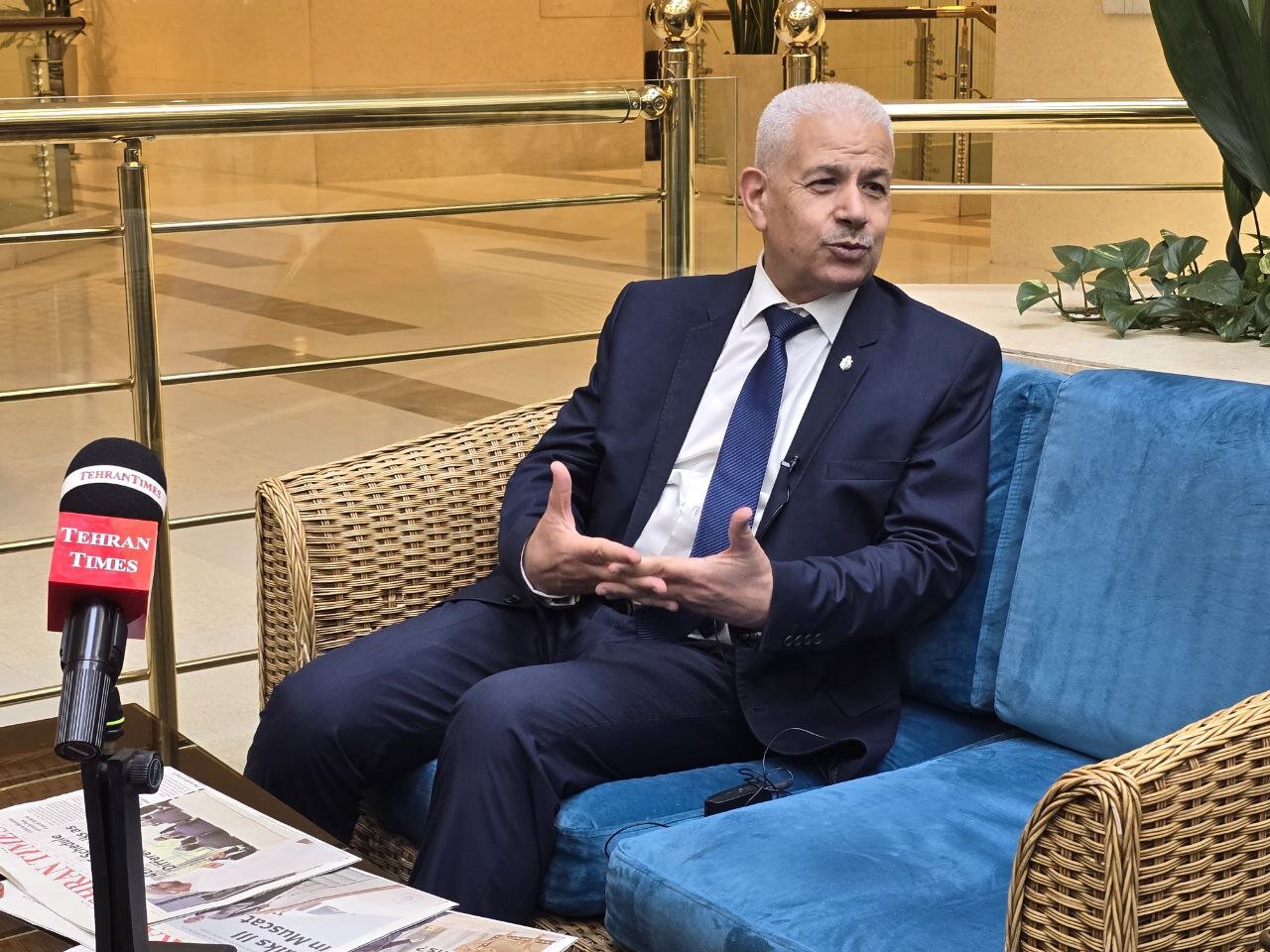‘Future of Iran-Tunisia relations holds great promise’
Tunisian trade minister discusses political and economic cooperation with Tehran Times

TEHRAN – Iran and Tunisia may not be close in distance. But between the two capitals located in West Asia and North Africa exists deep mutual respect and common interests.
Both countries have endured years of foreign intervention in their modern history, only reclaiming control over their destinies in recent decades. Alongside shared religious and humanitarian values, this historical parallel has fostered a friendship between Iran and Tunisia—one that still holds untapped potential for deeper ties.
One area where cooperation remains underdeveloped is economic relations. Trade volumes between the two nations fall far short of their true potential, analysts say. In an interview with Tunisia’s Minister of Trade and Export Development, Samir Abid, the Tehran Times explored the reasons behind this stagnation and how economic collaboration can be strengthened. Minister Abid arrived in Tehran earlier this week to attend the 3rd Iran-Africa Economic Cooperation Summit.
Below is the full text of the interview:
We have observed that political relations between the Islamic Republic of Iran and Tunisia have become warmer in recent years. However, economic ties have not reached the expected level. What is the reason behind this discrepancy?
I want to emphasize that political relations between our countries are at a very high level, sophisticated, and strategic. As for economic relations, several factors have contributed to their lower level. One of the reasons is that, for a certain period, there were fewer direct engagements.
Additionally, Iran has had other geographical and political priorities, particularly in Africa. Political pressures and global challenges also had a direct impact on economic cooperation, as diplomatic discussions often prioritize political matters over economic concerns.
Yesterday, we had a working session with our Iranian counterparts to address this issue. Together, we examined mechanisms to enhance economic relations and raise them to the level of our strong political ties. There are significant opportunities in both countries. Tunisia and Iran can benefit mutually, as the global economic landscape provides ample space for collaboration. We have agreed on concrete steps to elevate our economic cooperation.
So, are national priorities the main reason behind the relatively low economic engagement between the two countries?
I wouldn’t say economic engagement has declined, but rather that each country had different priorities. Iran was under intense international pressure, which made direct economic coordination more difficult. However, the upcoming joint committee meeting in Tunisia will serve as a practical framework for strengthening ties. This meeting will allow us to examine all economic sectors, explore available opportunities, and develop new approaches to deepen our collaboration.
What specific economic opportunities can both countries leverage to enter new markets?
As I previously mentioned, our economic environments provide promising opportunities. Tunisia serves as a gateway to Africa, given its strong relations with several African nations. Iran, on the other hand, has a significant presence in Asian markets and strategic ties with Russia and other distant economies. By working together, Iran and Tunisia can create new avenues for market expansion and trade.
Furthermore, tourism is one sector we’ve identified as promising. Beyond that, there are other industries where joint ventures could be explored. For example, Iranian and Tunisian businesses could collaborate to develop new products or services that can be introduced to third markets. Establishing partnerships in strategic industries would enhance mutual economic growth.
Based on your engagements in Iran so far, how do you envision the future of economic cooperation between Iran and Tunisia?
The strong political will between our nations provides a solid foundation for economic expansion. Given the willingness I’ve observed from my Iranian counterparts, I believe we have every reason to be optimistic. Our political relations are at an exemplary level, and we are committed to ensuring economic cooperation reaches similar heights.
Achieving these goals will require active private-sector engagement. While government institutions play a crucial role, fostering business exchanges will be essential. We need to encourage visits and dialogues between Iranian and Tunisian enterprises, not only to boost direct trade but also to explore opportunities in broader international markets.
Leave a Comment